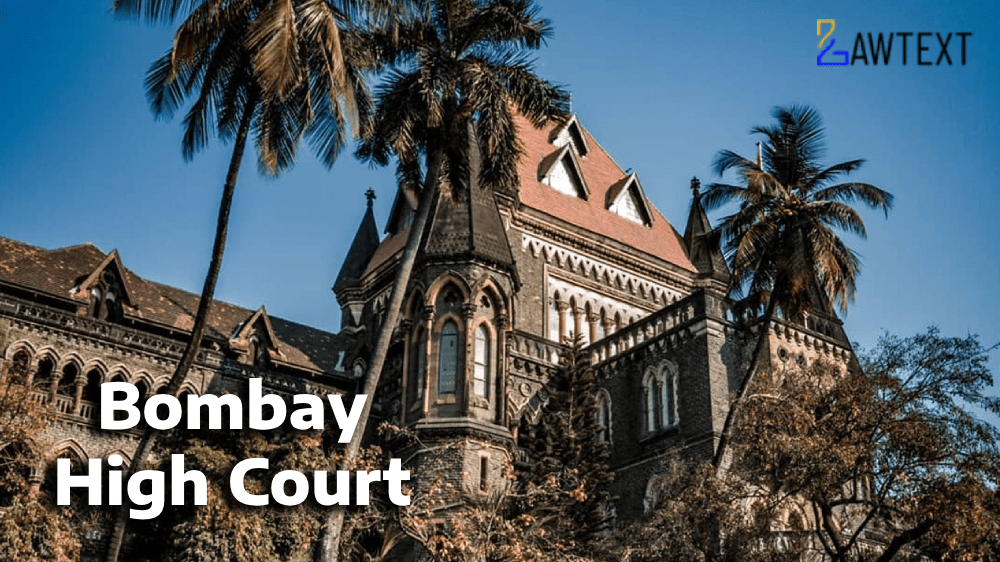

The Bombay High Court addressed the scope of the Collector's powers under Section 142(1) of the Maharashtra Prohibition Act, 1949. The petitioners challenged the orders issued by various Collectors mandating the closure of licensed liquor shops on Dr. Babasaheb Ambedkar Jayanti. The main issue was whether the power under Section 142(1) of the Act to close "any place" referred to a single shop or could encompass multiple locations across a district.
The Court ruled that the Collector’s power is broad and can extend to multiple places in the district if the closure is in the interest of public peace. This interpretation contrasts with a previous narrower interpretation which confined the power to a single establishment. The Court upheld the wider application, ensuring that the Collector's discretion, when exercised for public peace, can cover several licensed locations.
1. Introduction of the Case
The case involves petitions filed by liquor license holders against orders passed by the Collectors of Pune, Satara, and Kolhapur to close licensed liquor shops on Dr. Ambedkar Jayanti under Section 142(1) of the Maharashtra Prohibition Act, 1949.
2. Legal Issue
The key issue was the interpretation of Section 142(1) of the Maharashtra Prohibition Act, 1949. The question was whether the Collector's power to close "any place" refers only to a single establishment or can apply to multiple locations in a district.
3. Petitioners' Contentions
The petitioners argued that the closure of all liquor shops across the district was unlawful and that the Collector’s powers should be limited to specific establishments. They contended that proper notice, as required under Rule 9A of the Maharashtra Foreign Liquor Rules, 1969, was not given.
4. Respondents' Contentions
The Advocate General, representing the State, argued that the Collector’s power under Section 142(1) is broad and can apply to multiple establishments if required for maintaining public peace. He further highlighted that the Maharashtra General Clauses Act allows for singular terms to be interpreted as plural.
5. Interpretation of Section 142(1)
The Court analyzed Section 142(1) and concluded that the Collector’s power is not limited to a single location. The term "any place" can include multiple locations if such a decision is made in the interest of public peace.
6. Conclusion and Ratio Decidendi
The Court ruled in favor of a broader interpretation of Section 142(1), allowing the closure of multiple establishments by the Collector to maintain public peace. The decision emphasized the public peace requirement as a justification for such orders.
The powers under Section 142(1) are intended to maintain public peace and can be applied to multiple locations. The Collector is not restricted to issuing orders for individual places but can extend the closure to an entire district or parts thereof if it serves public peace. The Court's interpretation aims to balance the interest of license holders with the necessity of ensuring law and order.
Interpretation of Statutory Powers, Liquor Licensing
#MaharashtraProhibitionAct #LiquorLaws #PublicPeace #CollectorPowers #LawAndOrder
Citation: 2024 LawText (BOM) (9) 301
Case Number: WRIT PETITION ST. NO. 10918 OF 2024 WITH WRIT PETITION ST. NO. 10971 OF 2024 WITH WRIT PETITION ST. NO. 10972 OF 2024
Date of Decision: 2024-09-30
Case Title: Harpritsingh Bhupindersingh Hora & Ors. Versus The State of Maharashtra through the District Collector & Anr.
Before Judge: A.S. CHANDURKAR & GAURI GODSE & RAJESH S. PATIL JJ.
Advocate(s): Mr. Vikram S. Undre, for Petitioner (in all petitions) Dr. Birendra B. Saraf, AG a/w Mr. P.P. Kakade, GP a/w/ Ms. S.D. Vyas, Addl GP a/w. Mr. M.M. Pabale, AGP a/w. Mr. Jay Sanklecha, B-Panel Counsel and Ms. Malaika Castellino for the Respondent State.
Appellant: Harpritsingh Bhupindersingh Hora & Ors.
Respondent: The State of Maharashtra through the District Collector & Anr.